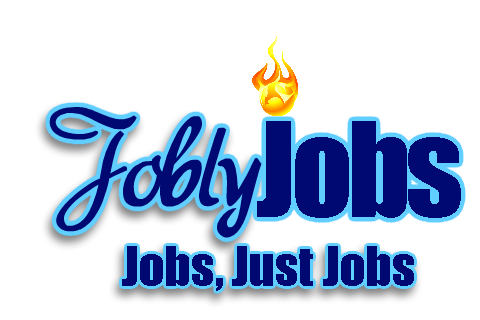How to ace your next job interview, from career experts
Many Americans are quitting their jobs in a trend that has become known as the Great Resignation. Nearly 7.6 million people quit their jobs in April and May combined, according to the Labor Department. The large numbers of resignations are a sign people are confident they can find better work opportunities elsewhere, experts say.
With so many Americans now on the job hunt, it’s smart to think ahead to navigating the often-stressful interview process. During a recent Grow Twitter chat, career experts shared their expertise on what to do and not do during a job interview.
Angelique Rewers, founder of BoldHaus, a consulting firm that helps small businesses land corporate clients, for example, offered up her “best” end-of-an-interview question: “From your perspective, one year from now, what would be the greatest possible impact I could have made on your organization if I excelled every single day in this role?”
Here’s more of her best advice, as well as top tips from recruiters, career coaches, and job search strategists.
Research ‘what’s happening with the organization’
“Do your research on both the company and the person you are interviewing with,” tweeted career coach Angelina Darrisaw, the founder and CEO of C‑Suite Coach in Brooklyn, New York. “Has this company been in the news lately? Have they won an award recently? What are their values? Drop in the research you’ve done into your interview to knock it out the park.”
Dr. Tega Edwin, founder of Her Career Doctor, agreed: “Don’t come in without knowing what’s happening with the organization. Google them. What’s being said about them in the news, on social media, etc.?”
‘Don’t memorize’ responses
“Don’t memorize answers to any common questions that make you nervous,” tweeted Amanda Augustine, career expert at TopResume. “Instead, prepare a few words to jog your memory so your answer will sound confident, but not scripted,” she suggested.
While memorization isn’t recommended, rehearsing can still help, said Edwin. “Practice your responses beforehand! Yes, it should be conversational, but there are some standard questions you can expect, and practice improves your confidence,” she tweeted.
Treat virtual calls ‘like an in-person interview’
“Most interviews will be virtual for the time being — treat it like an in-person interview,” tweeted Vicki Salemi, career expert for Monster. “Check technology/audio ahead of time, have a good internet connection, good lighting (like a Ring lamp), proper height for the lens.”
Edwin also reminds that it’s best to double check what video chat program the interviewer will be using. “DON’T assume it’ll be Zoom,” she tweeted.
“Do dress up (even for zoom interviews), but make sure you’re aligned with the company’s dress code. If they are more casual, a suit may not be it,” tweeted Darrisaw.
To convey your strengths, ‘show, don’t tell’
While laying out your skills and strengths during the interview, Salemi suggests using “quantifiable examples like instead of saying you saved the company money, how much did you save & how? Show, don’t tell.”
Translating your value into numbers is a way to do that and can help you stand out as a candidate, Rewers previously told Grow. You might calculate how many hours of experience you have with a given task, for example, or tally the number of people who have been positively affected by your work.
Prepare for the question ‘Do you have any questions?’
Odds are good that you will be asked during the interview, “Do you have any questions?” Having some ready is important, experts say.
Ask about the future of the company, suggested Hannah Morgan, a job search strategist at Career Sherpa: “How is the company planning for long-term changes that will occur in the industry over the next five years or so?”
Find out about the history of the position you’re applying for, Darrisaw suggested. “Is this a new role? If it is, how will you help support me as I define success in this role? If not, what happened to the last person in this position?” she tweeted. “The answers will be telling. Don’t forget you’re interviewing the company too.”
Don’t forget you’re interviewing the company too.
Angelina Darrisaw
Founder and CEO of C‑Suite Coach
Send a thank-you note that day
All the experts during the Twitter chat agreed that sending a thank-you note ASAP is strongly recommended.
“You should follow up after an interview on the day of for sure! I would say by end of the day that day or the next morning at the latest,” tweeted Edwin. “The candidates who take time to send a carefully thought-out thank you note ALWAYS stand out,” she added.
Augustine agreed that within 24 hours of the interview is the proper time frame to email your note.
In addition to thanking your potential employer for their time, Rewers suggested “including 3 to 5 bullet points w/add’l thoughts you had immediately following the interview, such as what you’re most looking forward to contributing or what project you’re most excited to take on should you be selected.”
More from Grow:



